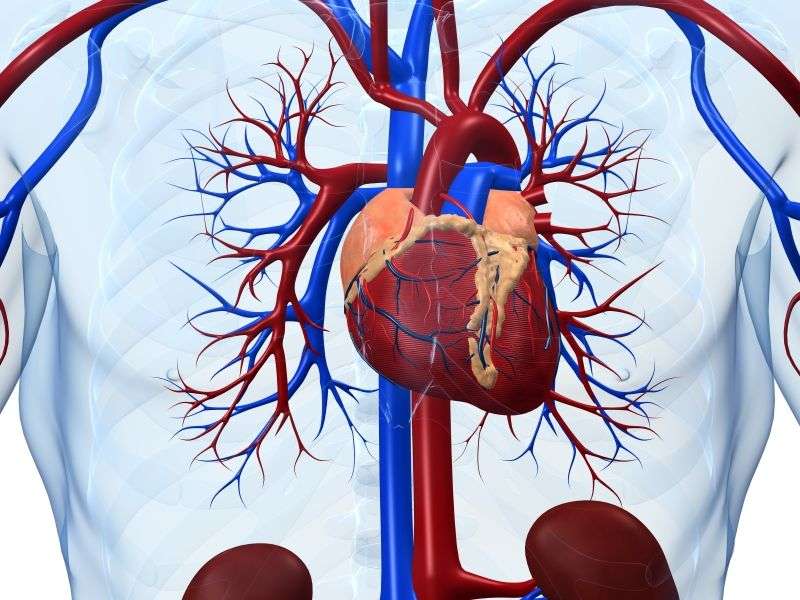(HealthDay)—From 2010 to 2014 there was a decrease in the rate of inappropriate percutaneous coronary interventions (PCIs) performed in New York State, according to a study published in the March 14 issue of the Journal of the American College of Cardiology.
Edward L. Hannan, Ph.D., from the State University of New York in Albany, and colleagues applied appropriate use criteria to PCIs performed in New York in patients with acute coronary syndromes or previous coronary artery bypass graft surgery before (2010 through 2011) and after (2012 through 2014) efforts were implemented to decrease the rate of inappropriateness.
The researchers found that from 2010 to 2014 there was a decrease in the percentage of inappropriate PCIs for all patients, from 18.2 to 10.6 percent (from 15.3 to 6.8 percent for Medicaid patients and from 18.6 to 11.2 percent for other patients). For patients with no acute coronary syndrome/no prior coronary artery bypass graft surgery, the total number of PCIs that were rated as inappropriate decreased 69 percent, from 2,956 patients in 2010 to 911 patients in 2014. There was a 75 percent decrease among Medicaid patients, from 340 to 84 patients.
"The inappropriateness rate for PCIs and the use of PCI for elective procedures in New York has decreased substantially between 2010 and 2014," the authors write. "This decrease has occurred for a large proportion of PCI hospitals."
Several authors disclosed financial ties to the pharmaceutical industry.
More information:
Abstract
Full Text
Editorial
Journal information: Journal of the American College of Cardiology
Copyright © 2017 HealthDay. All rights reserved.






















